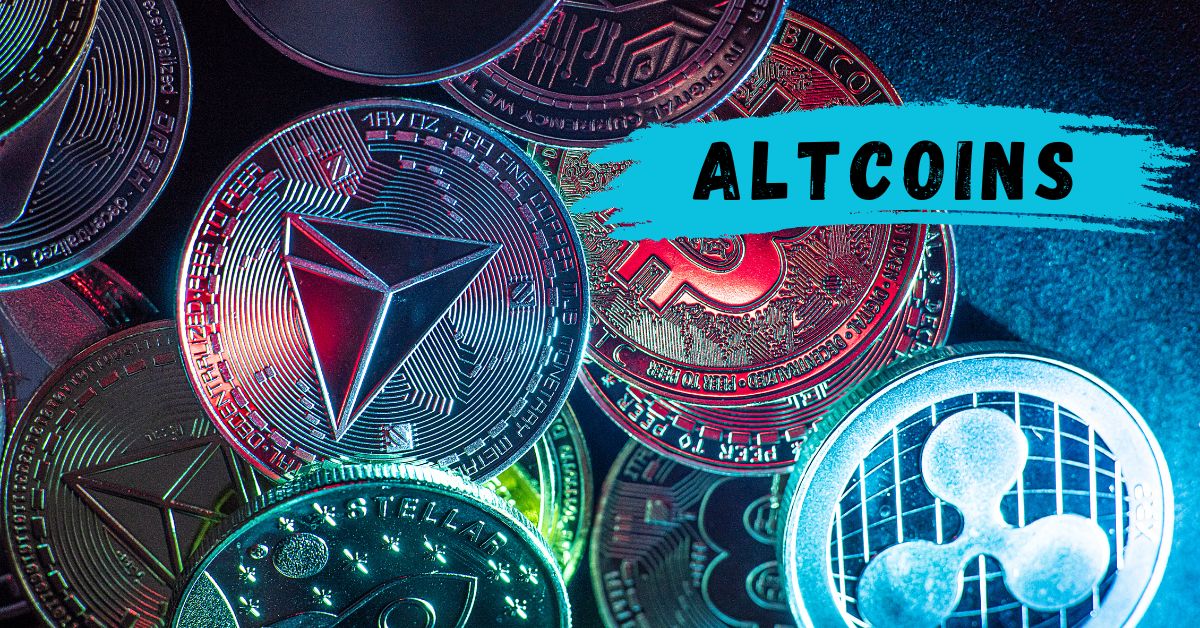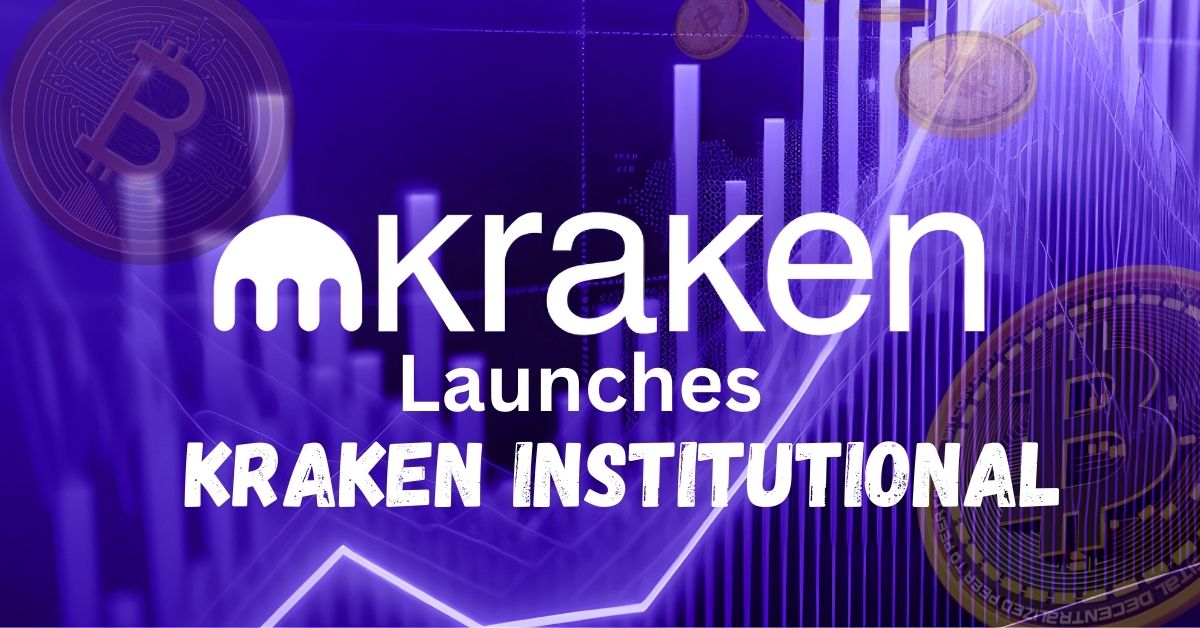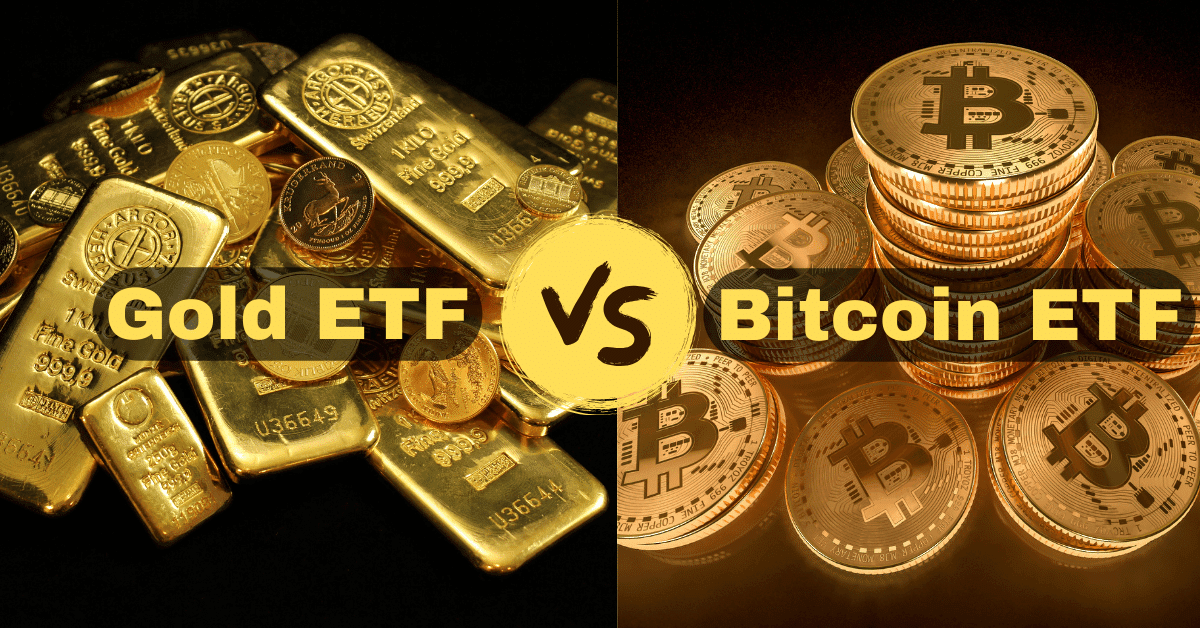Alternative cryptocurrencies, or “altcoins,” have become quite popular recently and offer both investors and enthusiasts new and exciting opportunities. We’ll dive into the realm of altcoins in this blog, examining their special qualities, possible advantages, and the elements that make them an appealing investment choice.
What Are Altcoins?
Alternative coins, or simply “altcoins,” are any digital currency that isn’t Bitcoin. The term emerged as a catch-all phrase to encompass the growing number of cryptocurrencies that followed Bitcoin’s pioneering introduction in 2009. While Bitcoin remains the flagship cryptocurrency and a store of value, altcoins serve various purposes, such as facilitating smart contracts, providing enhanced privacy features, or enabling faster transactions.
Diversification In The Crypto Portfolio
Investors often turn to altcoins to diversify their cryptocurrency portfolios. Unlike Bitcoin, which primarily serves as a store of value, altcoins can offer a wide range of functionalities, including smart contracts, decentralized finance (DeFi) applications, and more. Diversification helps spread risk and potentially increases the overall return on investment.
Types Of Altcoins
- Bitcoin Forks
- Bitcoin Cash (BCH): Forked from Bitcoin in 2017, Bitcoin Cash aims to provide faster and cheaper transactions by increasing block size.
- Bitcoin SV (BSV): Another Bitcoin fork, Bitcoin SV, emerged in 2018, aiming to restore the original vision of Bitcoin and increase block sizes for scalability.
- Smart Contract Platforms
- Ethereum (ETH): Pioneering smart contracts, Ethereum enables the development of decentralized applications (DApps) on its blockchain.
- Binance Coin (BNB): Originally built on the Binance exchange, BNB has evolved to become a utility token for various applications, including smart contracts.
- Cardano (ADA): Known for its academic and research-driven approach, Cardano aims to provide a secure and scalable platform for smart contracts.
- Privacy Coins
- Monero (XMR): Focused on privacy and anonymity, Monero uses advanced cryptographic techniques to ensure untraceable transactions.
- Zcash (ZEC): Zcash offers both transparent and shielded transactions, allowing users to choose the level of privacy they desire.
- Stablecoins:
- Tether (USDT): Tether is a stablecoin pegged to the value of fiat currencies like the US Dollar, providing stability in a volatile market.
- USD Coin (USDC): Another stablecoin pegged to the US Dollar, USDC is known for its transparency and regulatory compliance.
- Utility Tokens
- Chainlink (LINK): Designed to connect smart contracts with real-world data, Chainlink provides a decentralized oracle network.
- VeChain (VET): Focused on supply chain management and product authenticity, VeChain uses blockchain to enhance transparency.
- Decentralized Finance (DeFi) Tokens:
- Uniswap (UNI): Uniswap is a decentralized exchange (DEX) facilitating automated and permissionless token trading.
- Aave (AAVE): Aave is a decentralized lending platform that enables users to lend and borrow various cryptocurrencies.
- Internet of Things (IoT) Coins
- IOTA (MIOTA): Developed for the Internet of Things, IOTA facilitates feeless microtransactions and secure data transfer between devices.
- Gaming Tokens
- Enjin Coin (ENJ): Enjin Coin is designed for the gaming industry, enabling the creation and management of in-game assets on the blockchain.
- Interoperability Coins
- Polkadot (DOT): Created by Ethereum co-founder Gavin Wood, Polkadot focuses on interoperability between blockchains.
- Cosmos (ATOM): Cosmos aims to connect different blockchains, creating an interoperable and scalable ecosystem.
- NFT (Non-Fungible Token) Tokens
- Flow (FLOW): Flow is designed to support NFTs and decentralized applications for digital assets, gaming, and more.
Importance Of Altcoins
Altcoins play a crucial role in the cryptocurrency ecosystem for several reasons. Firstly, they provide diversification options for investors seeking alternatives to Bitcoin, allowing them to tailor their portfolios to different risk appetites and investment goals.
Secondly, altcoins often introduce innovative technologies and features that Bitcoin may not inherently possess, such as smart contracts, privacy-focused transactions, or interoperability between blockchains. This innovation fosters healthy competition, driving advancements in blockchain technology and expanding the overall capabilities of decentralized networks.
Additionally, altcoins contribute to the decentralization of the cryptocurrency market, preventing a monopoly by any single digital currency and fostering a more resilient and dynamic ecosystem. Furthermore, altcoins frequently serve as testing grounds for novel concepts, with successful implementations potentially influencing the broader blockchain space. Overall, the presence and evolution of altcoins are instrumental in shaping the trajectory of the entire cryptocurrency landscape.
How Altcoins Work?
- Blockchain Technology
Altcoins, like Bitcoin, are built on blockchain technology, which is a distributed ledger that tracks all transactions across a network of computers (nodes). This ledger is secured by cryptographic principles, ensuring transparency and immutability.
- Decentralization
Altcoins aim to operate in a decentralized manner, meaning there is no central authority or intermediary overseeing transactions. Instead, transactions are verified by a network of nodes through a consensus mechanism.
- Consensus Mechanisms
Altcoins use various consensus mechanisms to validate and add transactions to the blockchain. Common mechanisms include Proof of Work (PoW), Proof of Stake (PoS), Delegated Proof of Stake (DPoS), and others. These mechanisms ensure that the majority of the network agrees on the state of the blockchain.
- Mining or Staking
Depending on the consensus mechanism, participants in the network may engage in mining (PoW) or staking (PoS) to validate transactions and create new blocks. Mining involves solving complex mathematical problems, while staking requires participants to lock up a certain amount of cryptocurrency as collateral.
- Transaction Verification
A transaction that is started by a user is announced to the network. Nodes on the network verify the transaction’s validity, ensuring that the sender has the necessary funds and that the transaction adheres to the consensus rules.
- Smart Contracts and Additional Features
Many altcoins, especially those built on platforms like Ethereum, support smart contracts. Self-executing contracts, or smart contracts, have the terms of the contract directly encoded into the code. This allows for programmable and automated agreements on the blockchain.
- Unique Use Cases
Altcoins often have unique features or use cases that differentiate them from one another. For example, privacy-focused altcoins use advanced cryptographic techniques to anonymize transactions, while stablecoins peg their value to traditional fiat currencies to maintain stability.
- Wallets and Exchanges
Users interact with altcoins through digital wallets, which store their private keys. Exchanges facilitate the buying, selling, and trading of altcoins, providing liquidity to the market.
- Community Governance
Some altcoins involve their communities in decision-making processes, allowing users to propose and vote on changes to the network. This democratic approach can enhance the decentralization ethos.
In Summary
Altcoins are a dynamic and evolving sector of the cryptocurrency landscape. As the market matures, staying up to date on the latest developments and trends can help investors navigate this exciting space. Whether you’re a seasoned investor or a newcomer to the crypto world, researching altcoins can open up new avenues for financial growth.
Also Read: Cryptocurrency Wallets In 2024: Navigating The Cryptoverse





